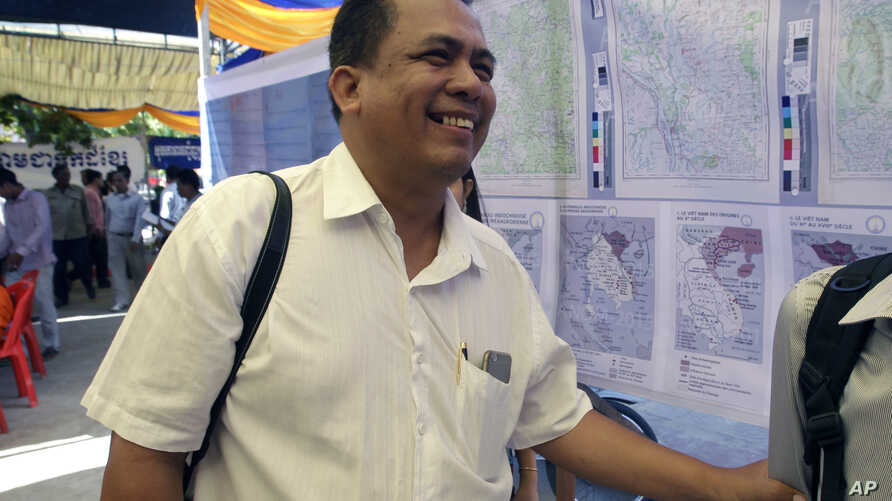
Jul 9, 2021 | News
Today, in advance of the fifth anniversary of the unlawful killing of prominent political commentator and human rights defender Kem Ley, the 45 undersigned organizations reiterate their call for the Cambodian authorities to create an independent Commission of Inquiry tasked with conducting an independent, impartial and effective investigation into Kem Ley’s death.

Jul 6, 2021 | News
ICJ and seven other international human rights organizations are deeply saddened by the death in custody of Fr. Stan Swamy, 84 year-old Jesuit priest and human rights defender, on 05 July 2021.
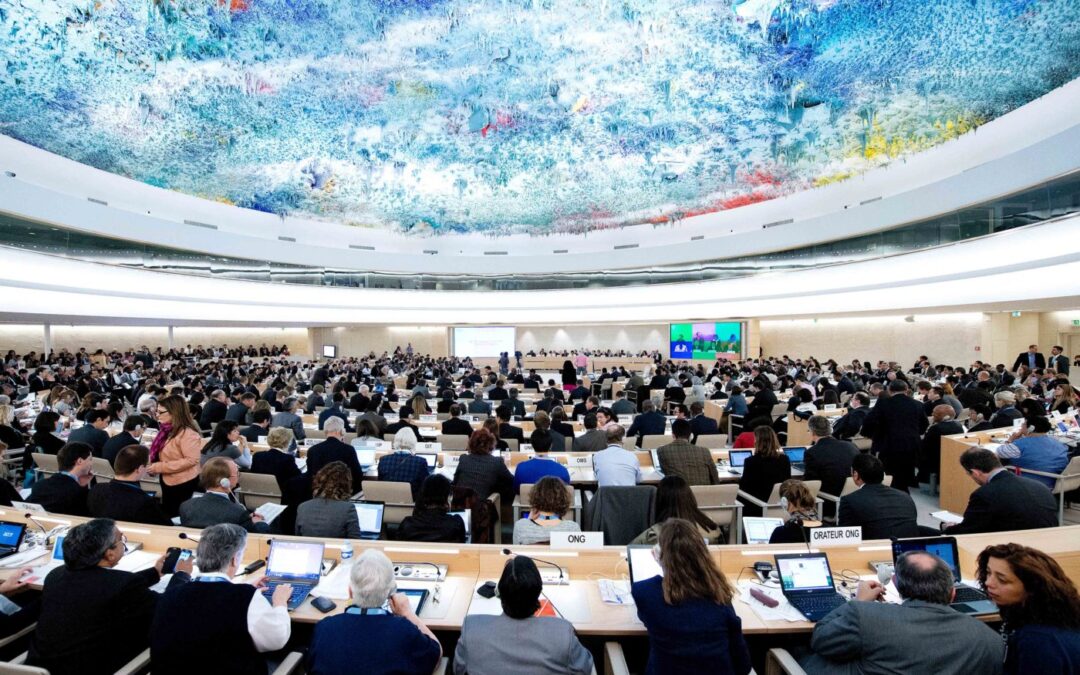
Jul 5, 2021 | Advocacy, News, Non-legal submissions
The International Bar Association’s Human Rights Institute and the International Commission of Jurists are deeply concerned about the deteriorating human rights situation in Belarus, in particular, the ongoing, systematic attacks on the independence of the legal profession and the judiciary’s lack of independence.
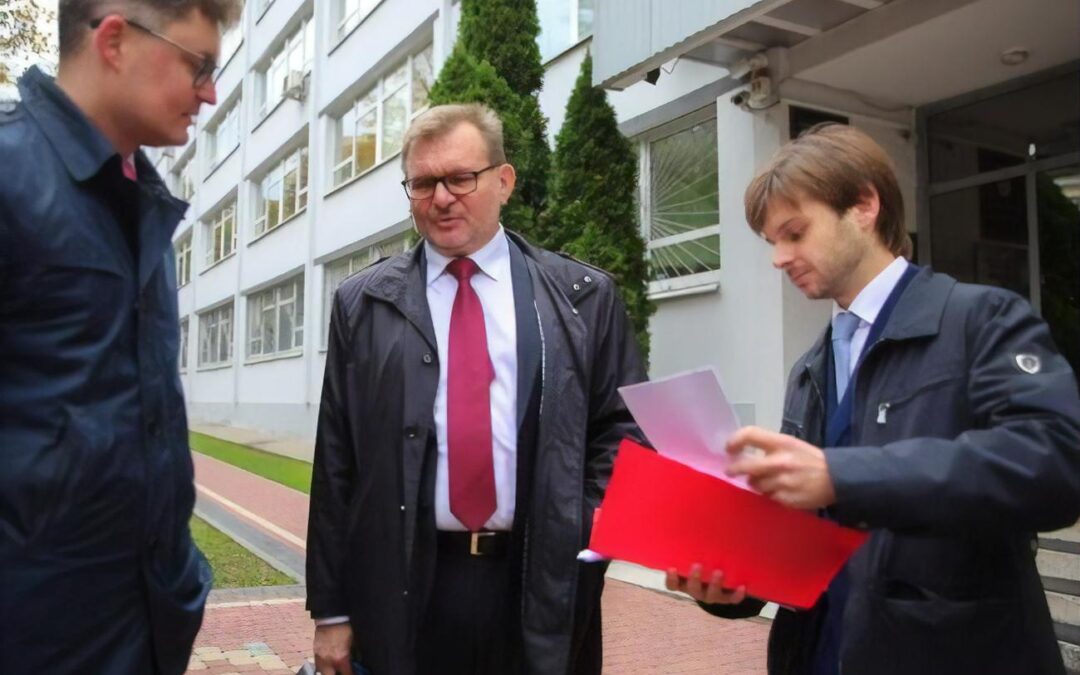
Jul 5, 2021 | Events, News
The International Commission of Jurists (ICJ), together with the American Bar Association Center for Human Rights (ABA CHR), the Lawyers for Lawyers (L4L), the International Bar Association Human Rights Institute (IBAHRI), and Polish Helsinki Foundation for Human Rights (HFHR) are co-organizing a side event during the 47th UN HR Council session, on July 6th, at 15:00 CEST/ 9 am EST.
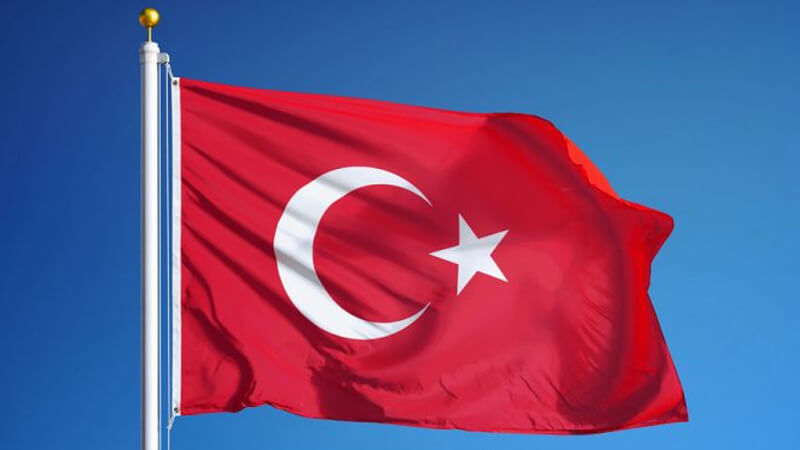
Jul 1, 2021 | News, Web Stories
Turkey should reverse its withdrawal from the Council of Europe’s Convention on preventing and combating violence against women and domestic violence (the “Istanbul Convention”), the International Commission of Jurists (ICJ) said today.
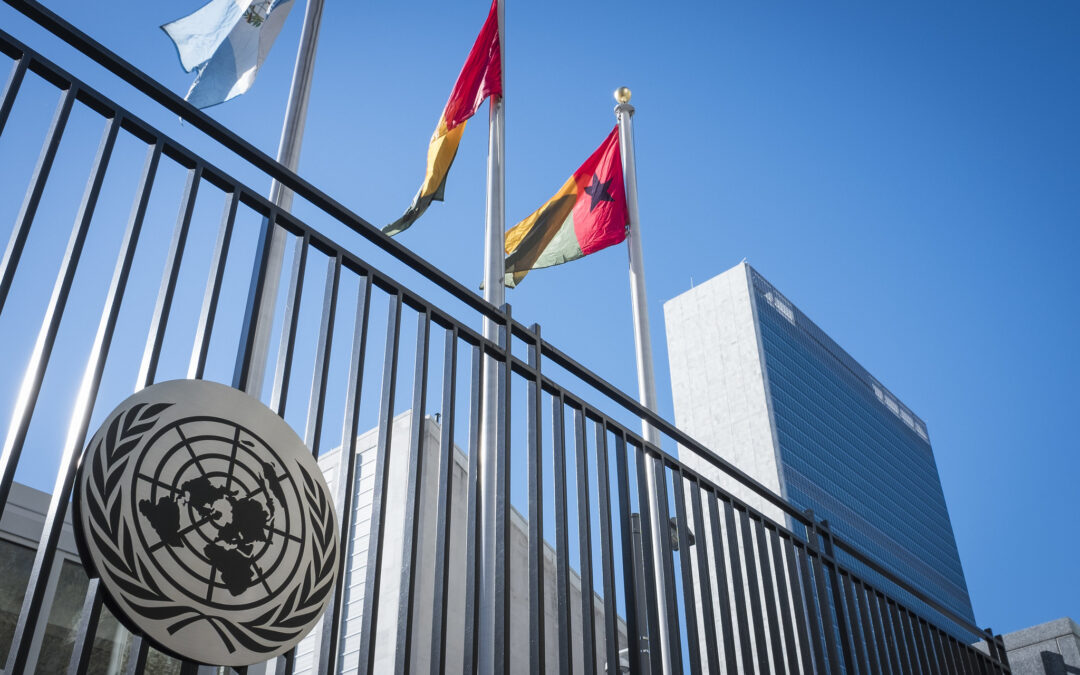
Jun 30, 2021 | Advocacy, News, Non-legal submissions
There is a critical need for UN Member States and Secretary-General to use a new UN Global Counter-Terrorism Strategy to develop an independent oversight mechanism to assess and mitigate harm from counterterrorism measures.










